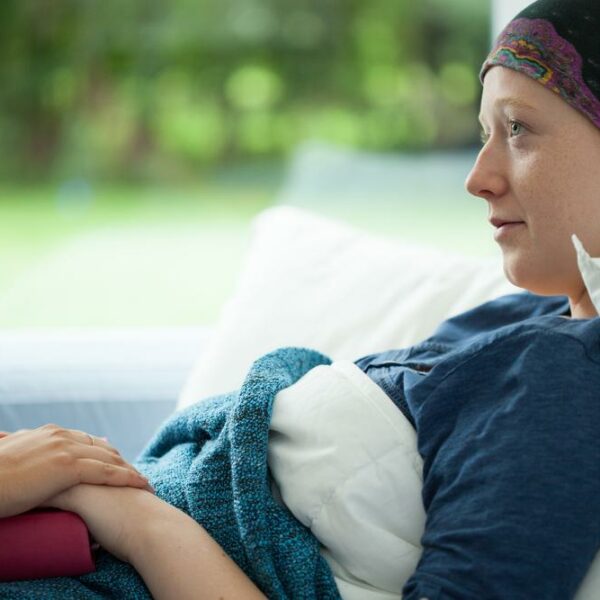Screening Methods for Autism Spectrum Disorder
Autism spectrum disorder is a developmental condition. It can be genetic in certain cases. The condition affects the way a person communicates, behaves, and interacts with others. The symptoms are typically seen during the first two years after birth. Due to an extensive variety of types and symptoms experienced, this condition is known as a spectrum disorder. Adequate screening of symptoms is required to detect them at an early stage.

What is autism spectrum disorder?
Babies or toddlers with autism spectrum disorder (ASD) do not exhibit any clear physical signs or symptoms that might set them apart from children of their age. However, as they continue to grow, they will find it challenging to communicate, behave, interact, and learn in a normal manner.
Autism spectrum test
Intellectual disability, issues in sensory processes or problems with vision or hearing often co-occur with autism, making the diagnostic process more challenging. It therefore becomes important to start a basic assessment process soon. One can take an autism test online. The assessment will generally have 50 questions or fewer that should be completed in a few minutes. However, the results should only be considered as a reference point. One should note that no specific male or female autism test can diagnose the condition; it can only help in determining the type and severity of the symptoms to an extent. Consulting a healthcare professional is critical as only they will be able to recommend the next steps. They will diagnose the condition through observation and interviews.
Autism test procedures
Listed below are two prominent types of assessment tools.
The Adult Repetitive Behavior Questionnaire (RBQ-2)
The RBQ-2 tool for adults test is a 20-item self-report questionnaire. It assesses repetitive and restricted behaviors, which further includes insistence in routine behaviors and repetitive motor behaviors. It is considered to be an effective autism test for adults. The results obtained from the survey can help a healthcare professional to analyze the condition.
The Autism Spectrum Quotient test tool (AQ)
The AQ testing tool for autism has found to provide moderately accurate results. It comprises 50 statements and has four possible answers – definitely agree, slightly agree, slightly disagree, and definitely disagree. A number of studies indicate that this assessment tool can be used to determine where a person stands on the autism continuum.
Along with undergoing tests, one should also look for autism testing centers nearby. The above-mentioned tests are typically used as a part of the larger screening process for autism, as the detection of the condition is best completed with multiple resources.
Screening methods of autism
Healthcare professionals analyze various factors to come up with a diagnosis for a person. This includes the development history and behavior of the person. A reliable diagnosis can be done by the time a child is two years old. But, in many cases, a final diagnosis can be received much later. Diagnosing autism in the earlier stages is always helpful. This allows the child to get adequate forms of treatment. Below listed are some of the methods used to diagnose ASD.
Developmental monitoring
Physicians often look for autism traits in children including how they look at you, hand gestures and more. When correlated with the family history and health exams, these cues will help them to determine whether the child has ASD. Simply put, developmental monitoring is the process of analyzing how a child grows and changes over a period of time.
Comprehensive behavior evaluation
Comprehensive behavior evaluation will provide in-depth insight into whether the child is on the proper development track or needs to undergo further assessment. An extensive team of professionals including psychologists, special therapists, a neurologist, and a physical therapist will observe the current behavior of the child.
Genetic or biomedical testing
Genetic procedures such as chromosomal microarray and whole exome sequencing are recommended once the above-mentioned diagnostic procedures have been completed. Researchers have found that 20 percent of children with autism tend to have differences in their chromosomes that can be detected by genetic testing.
Chromosomal microarray analysis is a high-resolution test that finds the abnormalities in the small regions in chromosomes known as Copy number variants. It can be performed by using a sample of saliva, blood, or cheek swabs.
Whole exome sequencing is an advanced genetic test that detects genetic defects by identifying any mutations in the genes. It gives detailed information on development differences and other contributing factors in ASD in children.
An accurate diagnostic assessment will help a person identify the development of autism in its early stages. This can help in increasing the awareness of the condition and in getting adequate support. This makes it easy for patients and their families to identify and overcome any potential difficulties.















